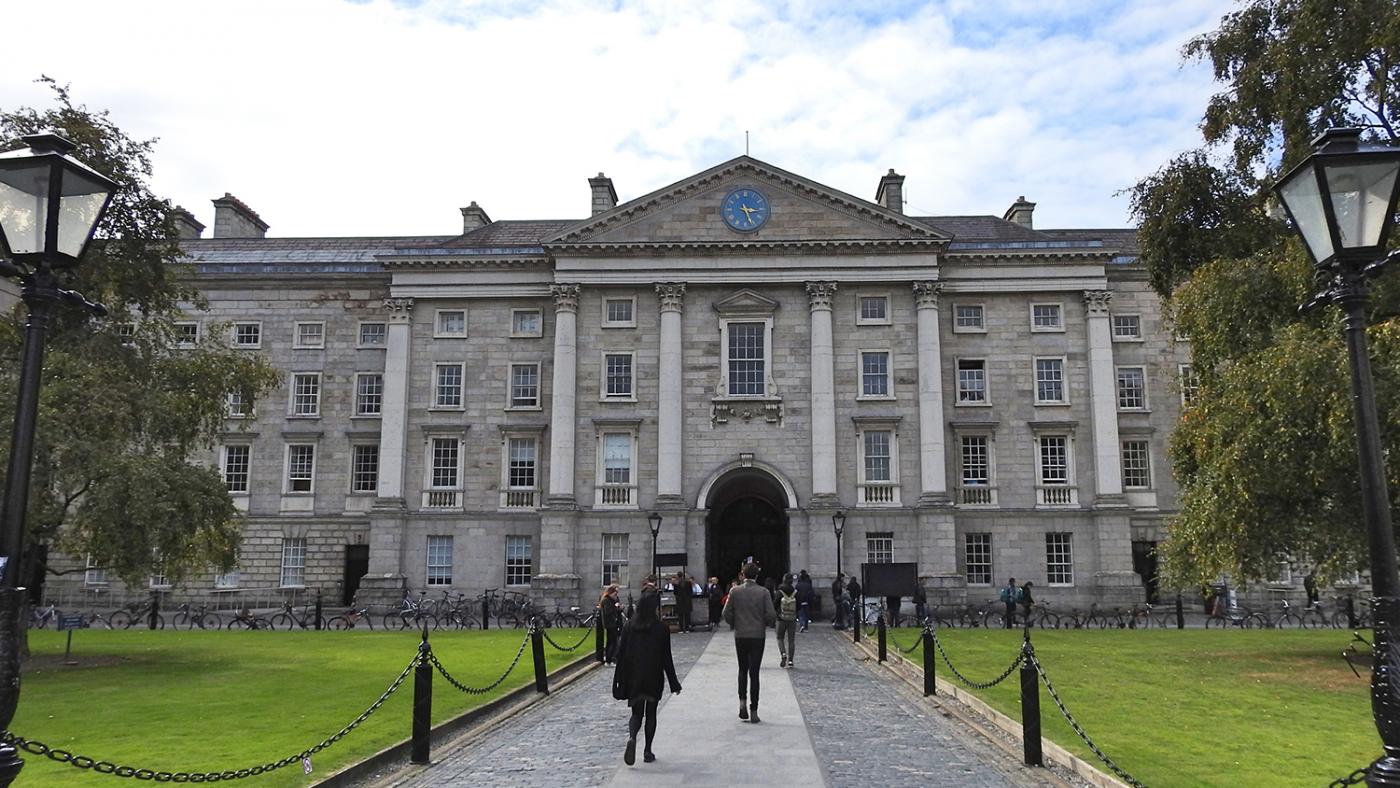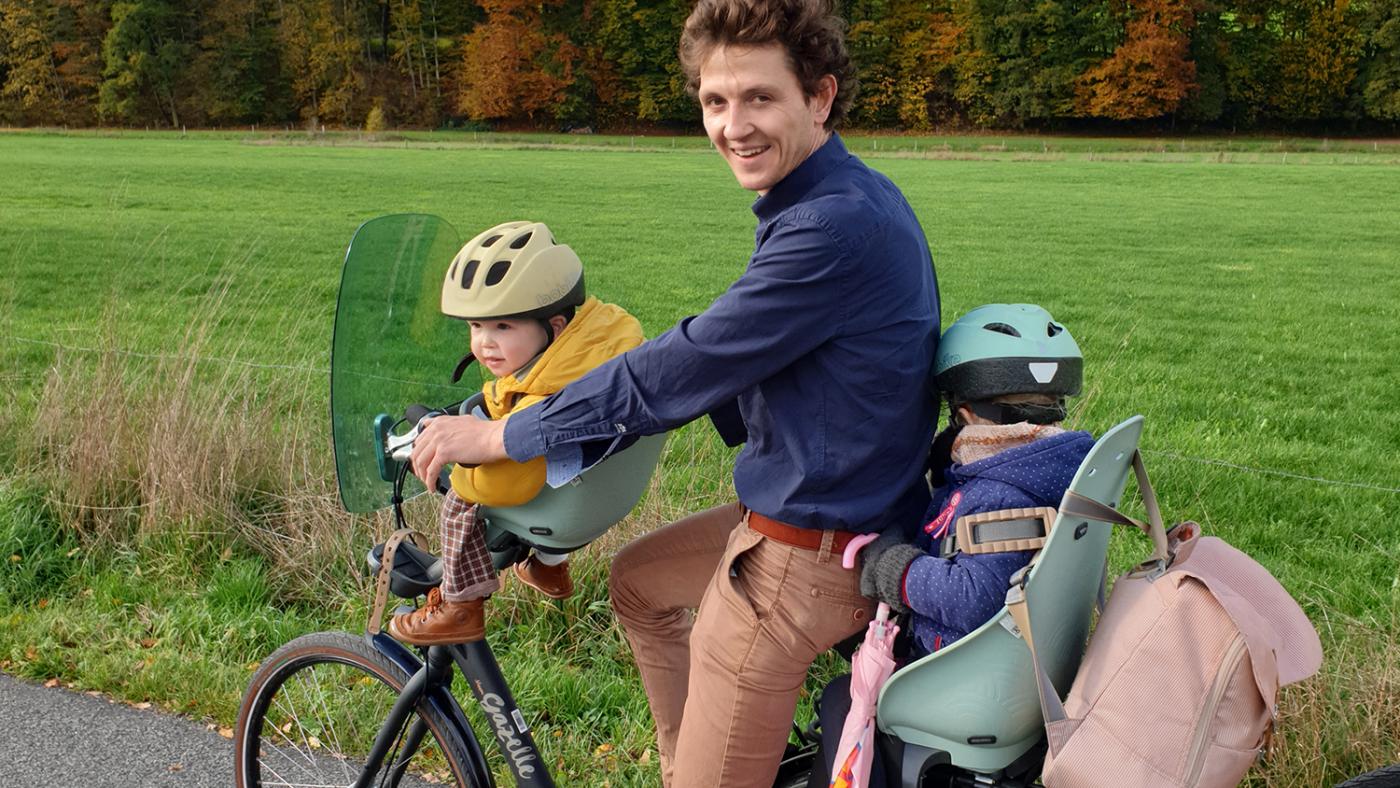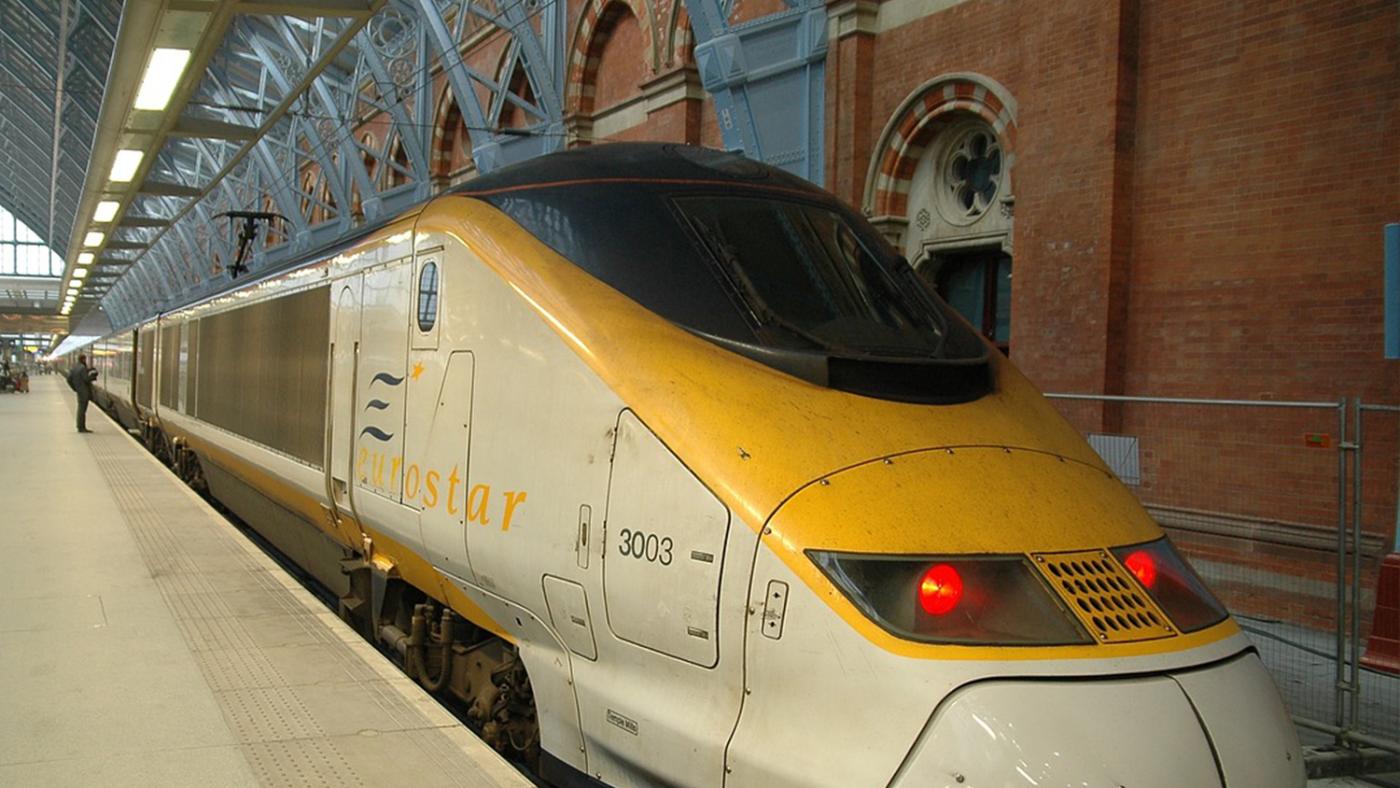Sustainability
UU researcher Andrik Becht goes to conference in Dublin without flying

Most mornings, Andrik Becht, a teacher and researcher at the Faculty of Social Sciences, cycles over 20 kilometres to the Utrecht Science Park. He enjoys cycling but also does it for the sake of sustainability. For the same reason, he decided not to fly to attend his favourite conference, the one held by the European Association for Research on Adolescence (EARA), this year. The event, which lasts four days, took place at the University of Dublin last summer.
“I felt it in my gut, flying just wasn’t right”, Becht says. “It was like: I’m either going sustainably, or not at all.” For a long time, it seemed like he wasn’t going to go after all. A sustainable journey would take him two days extra and Becht has two young kids. A flight from Amsterdam to Dublin takes about an hour and forty-five minutes. “My girlfriend said: 'This is so important to you, just go!'”
In 2019, the Executive Board announced plans to reduce the number of kilometres flown by UU employees. To achieve this goal, the university invested 2 million euros in audiovisual means to enable high-quality conference calls. But, for Becht, attending the conference digitally wasn't an option because the event wasn't livestreamed and, even if it had been, he wasn't sure whether he would like it that way. “Of course, hybrid events are fantastic in many ways but, in my view, when it comes to conferences, it just doesn’t offer the complete experience.”

Improvising
Becht knew beforehand that travelling sustainably would be more complicated than flying, but once on his way, he had to improvise a lot. His first train, to London, left on time but, once in England, things ran much less smoothly: the plan was to get to Holyhead, in Wales, using four trains but the route turned out to be impossible. “There were train strikes not only in the Netherlands but also in England. Just so you have an idea, I called Trainline, a platform that sells train tickets, and there were 48 people waiting in line ahead of me. When I finally managed to talk to someone, they said 'sorry, sir, but your train's not running.'"
Becht didn't stop taking the environment into account when trying to figure out an alternative way to get to his destination. “I thought to myself: what is the second best option? That would be an electric car. So, I checked out how much it costs to produce such a car in an environmentally-friendly way, and whether they're charged with grey or green electricity. So, basically, you're working with a range: you'll be emitting between this much [CO2] and this much.” Becht ended up going for the electric car and then taking the ferry from Holyhead to Dublin, where he took a hybrid electric taxi to Trinity College. All in all, his journey took 18.5 hours from door to door. On the way back, he did the exact same route, but he had to spend the night in London, so the journey took him one day and five hours in total. He left Dublin a day before the end of the conference to be back in the Netherlands on time.
Added value
According to his most conservative estimation, Becht saved 67 percent of the carbon he would have emitted had he taken the plane. In the most favourable scenario, the economy was 83 percent. However, his trip turned out to be about ten times more expensive than a flight. He was planning to pay all the additional costs himself but his department manager said that wouldn't be necessary. “She started searching and said: ‘Andrik, there’s a stimulation fund you could use.’ None of us knew such a thing existed.” Best known as the train fund (page only available to those with a Solis ID), the compensation ended up covering all the extra costs.
Becht says he wish more colleagues were aware of the fund's existence. “You can tell people want to start travelling more sustainably, since they know that flying isn’t always the best option, but they think that not flying takes more time and money. Well, the latter argument isn’t necessarily valid anymore.”

Small steps
In addition to more publicity for the train fund, Becht would like to see the university appoint an employee who'd be specifically responsible for booking sustainable travels for UU's staff. "If you want to travel a bit further away, doing it sustainable takes more research than just going to a website and booking a plane ticket, which is really simple because there is a single system to do it at UU. That's not the case for sustainable travel, which requires more small steps, like connecting different types of public transport. My department helped me a lot as planning this trip was quite a task. That's why it would be great if UU had a travel planner to work on a larger scale." However, it looks like this position is not going to be vacant anytime soon, according to a communication officer. For the time being, the university provides a rail zone map and tips to book a train or bus trip more easily.
Despite all the time spent researching the best route, not to mention the actual travel time, Becht looks back on his trip with satisfaction. "I've shifted my focus. I just said to myself: 'I'm going to enjoy this trip.'" There is still room for improvement, though: "I travelled by myself this time but next time I hope more people will join me. After all, travelling together is even more fun."